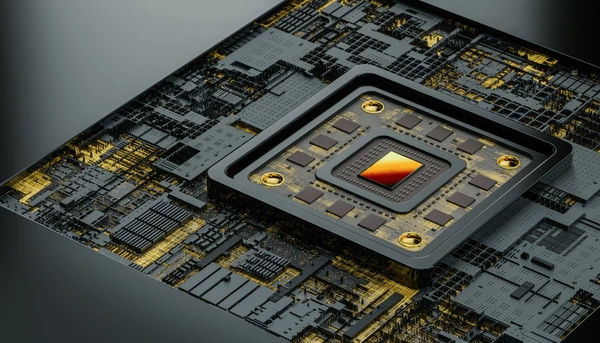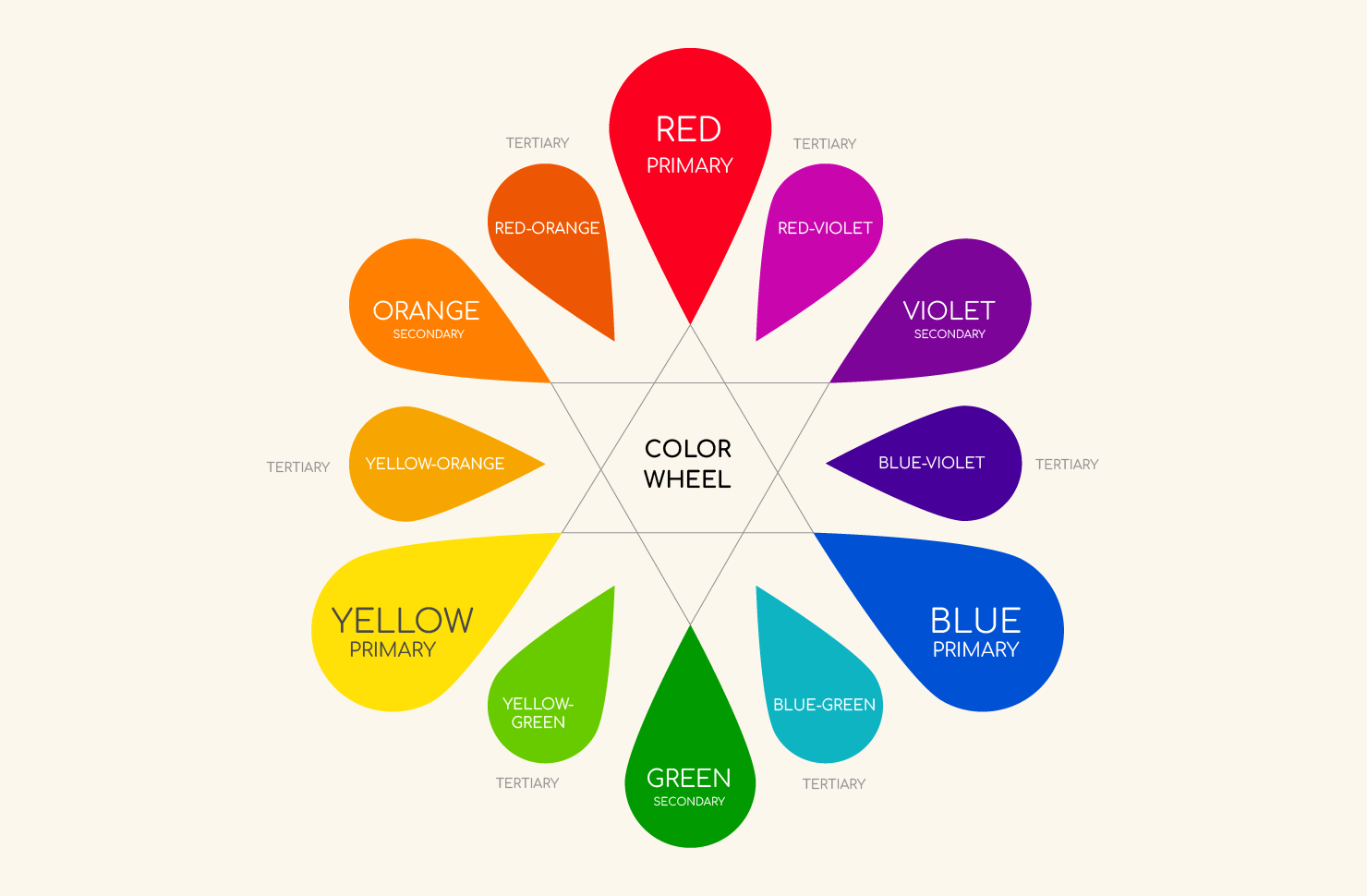The Future of Quantum Computing: What You Need to Know
Introduction
Quantum computing is no longer the stuff of science fiction—it’s becoming one of the most transformative technologies of our time. As we step further into the digital future, quantum computing promises to redefine what’s possible in fields like medicine, cybersecurity, logistics, and artificial intelligence.
But what exactly is quantum computing, how does it work, and why should you care? In this article, we break it all down so you can understand the hype—and the real-world potential.
⚛️ What Is Quantum Computing?
Quantum computing leverages the unique principles of quantum mechanics—specifically superposition and entanglement—to process information in fundamentally new ways. Unlike classical computers that use bits (0s and 1s), quantum computers use qubits, which can exist in multiple states simultaneously.
What That Means:
-
Massive parallel processing power
-
Ability to solve problems classical computers can’t handle efficiently
-
Potential to revolutionize computing speed and scale
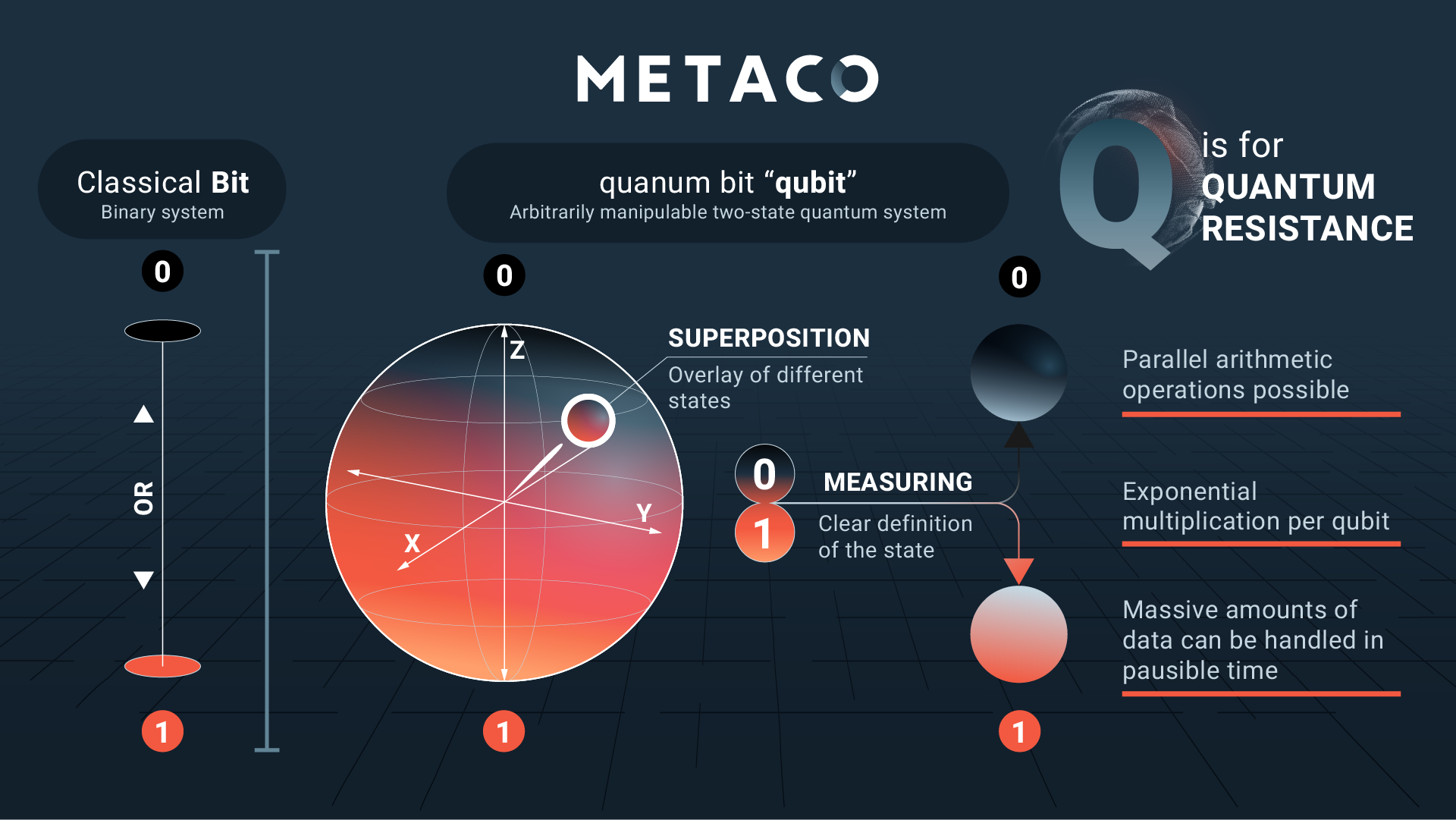
🚀 Why Is Everyone Talking About It?
The buzz around quantum computing isn’t just tech hype—it’s grounded in real breakthroughs. Major companies like IBM, Google, Microsoft, and startups like Rigetti and IonQ are racing to build stable, scalable quantum processors.
Key Advancements in Recent Years:
-
Google’s “quantum supremacy” milestone
-
IBM’s roadmap for 1000+ qubit machines
-
Development of quantum cloud services
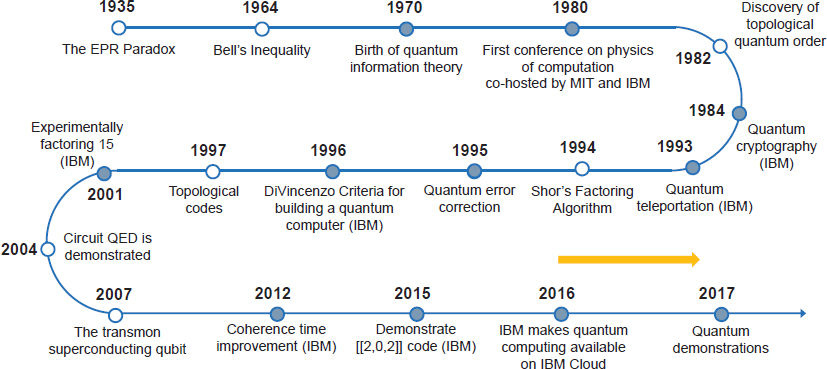
🔐 How Will It Affect You?
Even if you’re not a developer or researcher, the ripple effects of quantum computing will likely touch your life in profound ways over the next decade.
Here’s how:
-
Cybersecurity: Quantum computers could crack current encryption—prompting a shift to quantum-safe algorithms
-
Drug Discovery: Simulating molecules and proteins faster than ever
-
Supply Chains & Logistics: Ultra-efficient route and resource optimization
-
Finance: Accelerated modeling for risk, fraud, and market predictions
🧠 Challenges Ahead
Despite its promise, quantum computing faces significant obstacles before going mainstream.
Current Limitations:
-
Qubits are extremely fragile and error-prone
-
Quantum hardware requires ultra-cold, specialized environments
-
Large-scale quantum applications are still in early stages
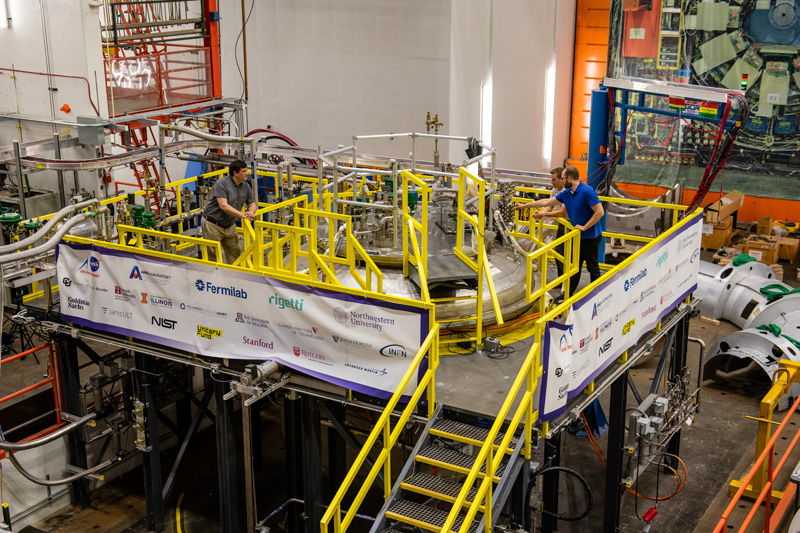
🔮 What’s Next: Looking Toward 2030
Experts predict that hybrid quantum-classical computing will become the norm before fully quantum systems take over. Expect continued growth in:
-
Quantum-as-a-Service (QaaS) platforms
-
Open-source quantum development frameworks (like Qiskit)
-
Government and private investment in quantum R&D
-
Early commercial applications in logistics, optimization, and materials science
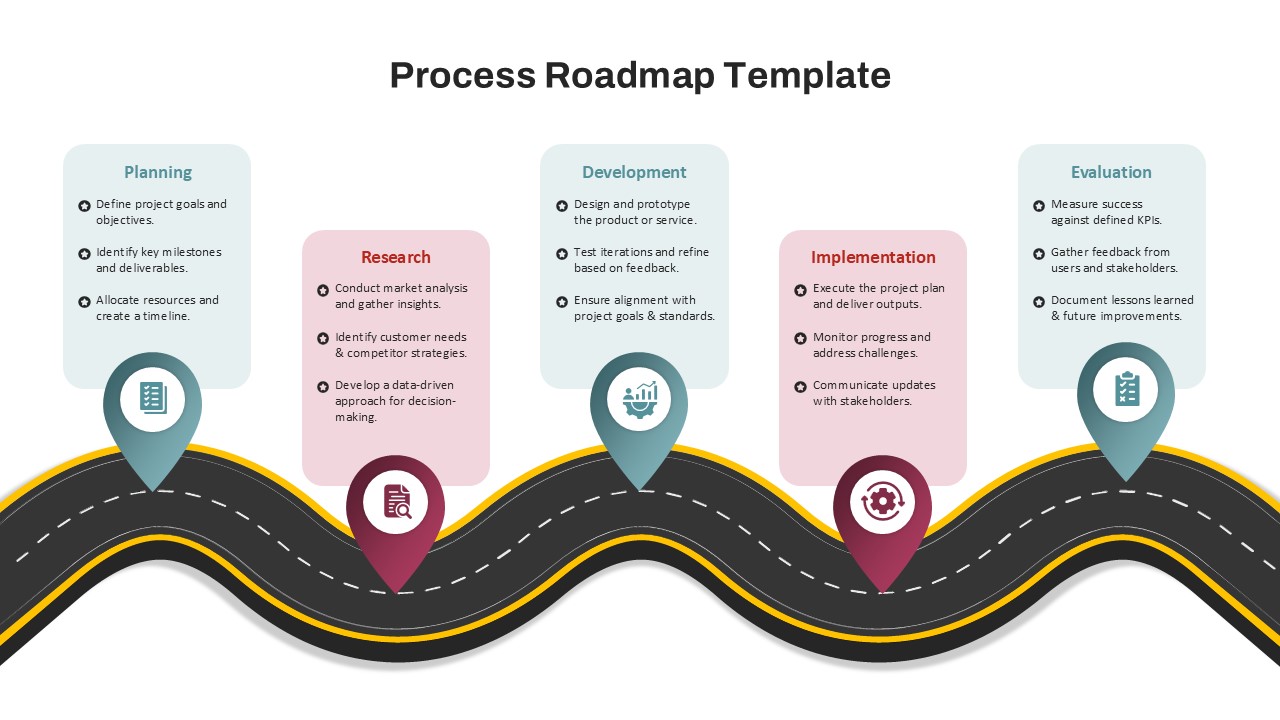
Final Thoughts 💭
Quantum computing is still in its infancy, but its potential impact is colossal. Whether you’re a tech enthusiast, a business leader, or simply curious about the future, understanding quantum computing now puts you ahead of the curve. It’s not just about faster machines—it’s about unlocking a whole new dimension of problem-solving.
editor's pick
news via inbox
Nulla turp dis cursus. Integer liberos euismod pretium faucibua

